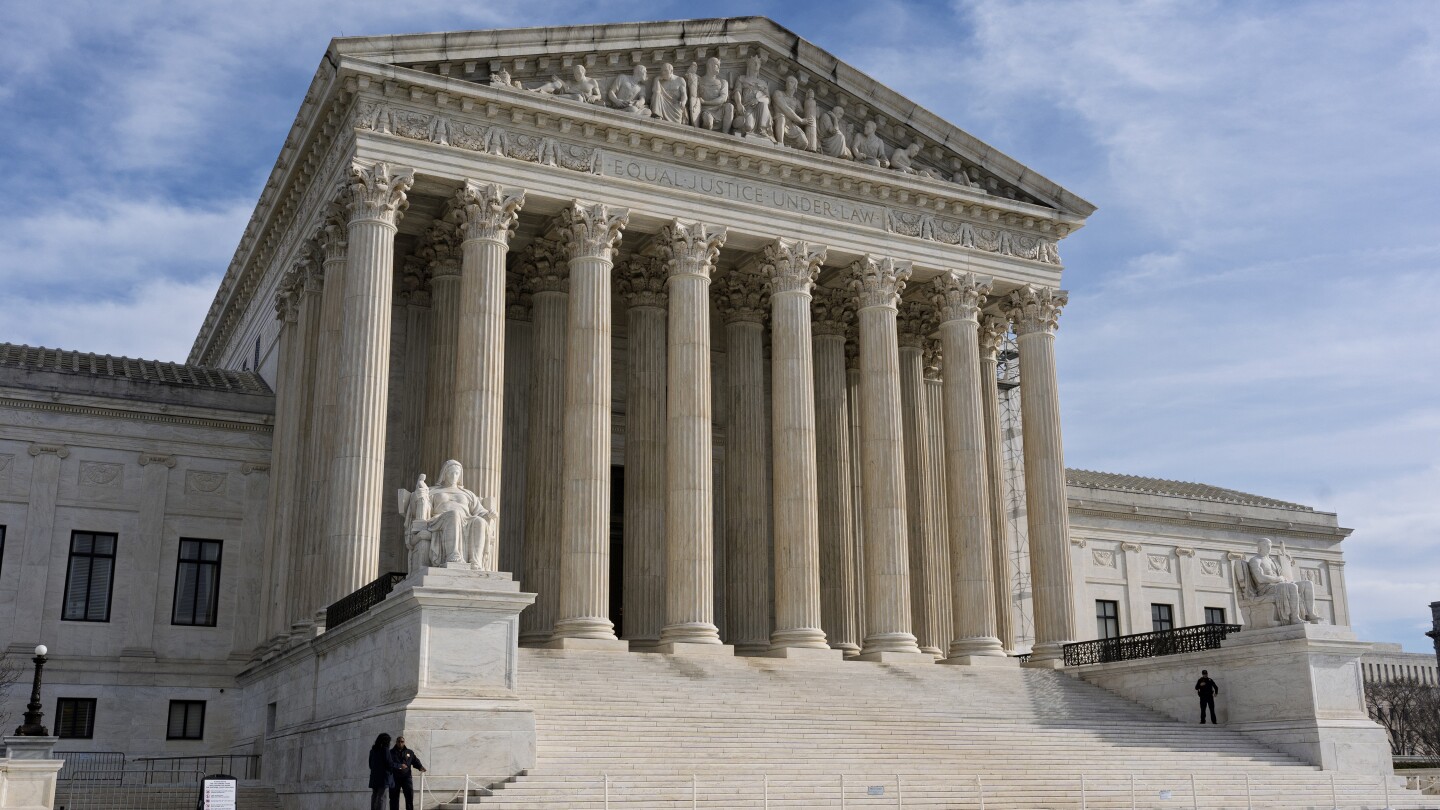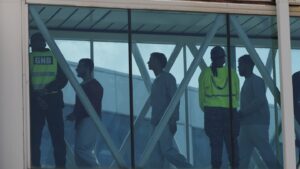The safety and security of federal judges are increasingly under scrutiny as threats and acts of intimidation rise, with the federal judiciary signaling a significant shortfall in funding from Congress to adequately protect these officials.
In a letter addressed to congressional appropriators, two federal judges highlighted the urgent need for “enhanced online security screening” for over sixty judges involved in litigations against the Trump administration. This process often involves removing judges’ personal information from online sources.
High-profile individuals such as President Donald Trump, his aide Stephen Miller, and entrepreneur Elon Musk have publicly criticized judges blocking parts of Trump’s policies, even suggesting impeachment and engaging in personal attacks. A notable incident involved Trump’s call for the impeachment of a judge who halted deportations, invoking a swift reply from Chief Justice John Roberts.
According to U.S. Circuit Judge Amy J. St. Eve and U.S. District Judge Robert J. Conrad Jr., approximately 50 individuals have faced charges related to these threats. Judge St. Eve, appointed by Trump, emphasized the extreme measures sometimes needed by the U.S. Marshals Service to ensure judges’ safety.
Despite these efforts, many cases remain unresolved, including unsettling incidents like unwanted pizza deliveries to judges’ homes, as shared by U.S. District Judge Esther Salas during a recent online forum. Salas, who tragically lost her son Daniel Anderl in an attack by a disgruntled lawyer in 2020, noted the chilling message behind such actions, quoting, “‘I know where you live, I know where your kids live, and do you want to end up like Judge Salas. Do you want to end up like her son?’”
In another alarming case, a bomb threat targeted the sister of Supreme Court Justice Amy Coney Barrett in Charleston, South Carolina. Fortunately, no explosive device was found.
The letter from the judges, publicly released on Friday, underscores the unsustainable nature of current funding levels, which fall nearly $50 million short of what the courts have requested for security needs.






